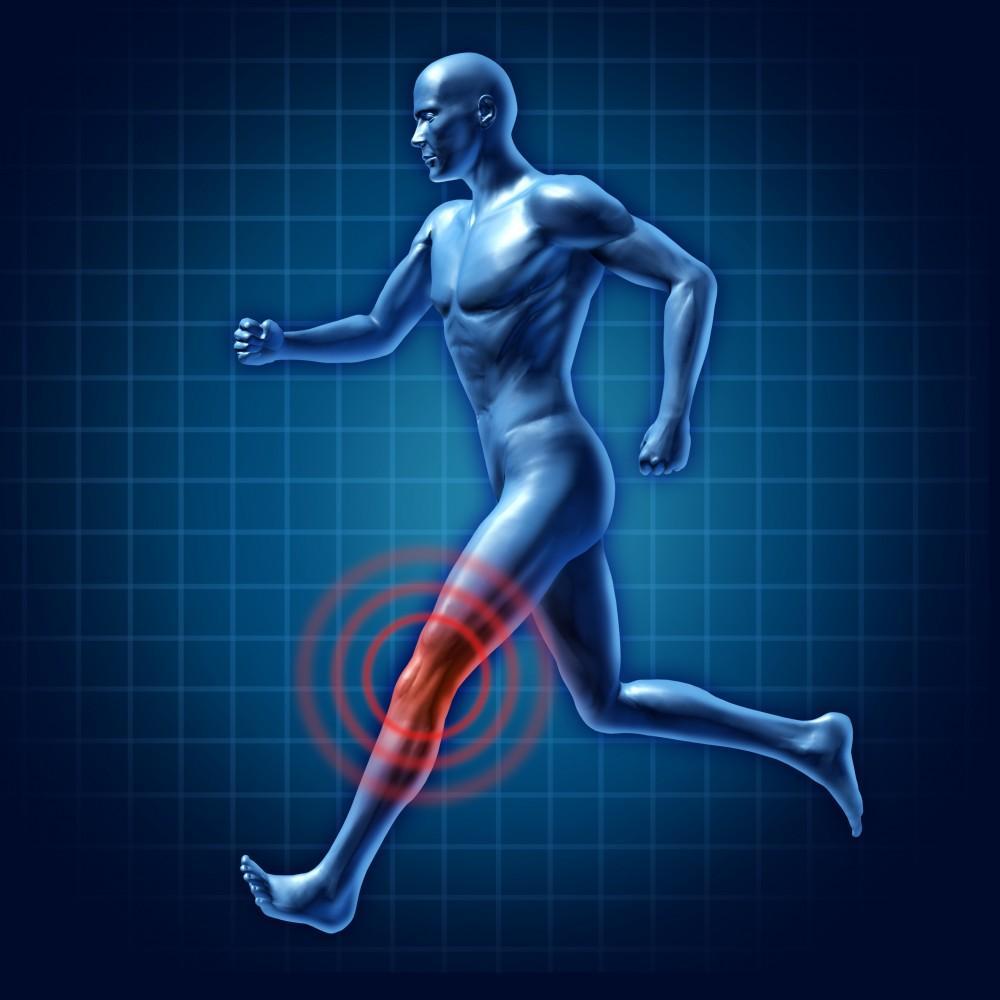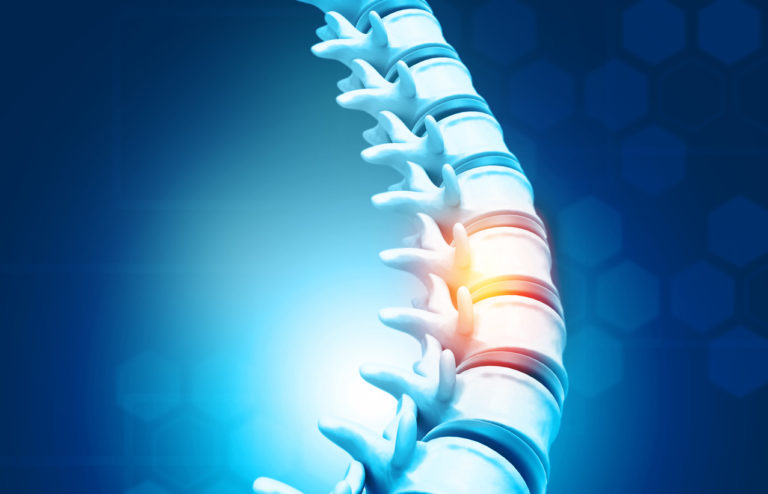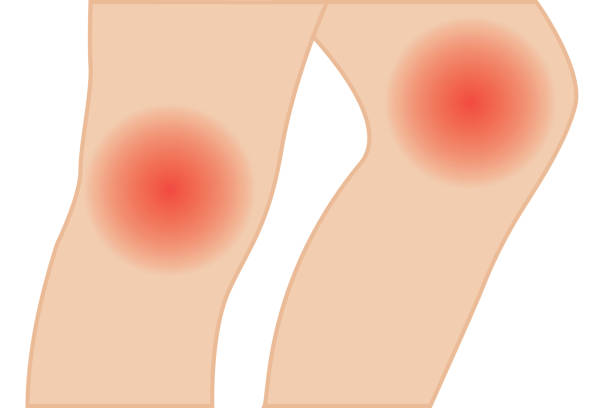



Introduction: ACL tears and sprains are common knee injuries, but they are often misunderstood. Both can cause significant pain and hinder mobility, but they are distinct injuries that require different approaches to treatment and recovery. In this blog post, we will delve into the differences between ACL tears and sprains, helping you understand the nature of these injuries, their causes, symptoms, and the best methods for healing and prevention.
1. Understanding ACL Tears: Causes and Symptoms
ACL (Anterior Cruciate Ligament) tears are common among athletes and individuals involved in high-impact sports. This section explains the function of the ACL, how it gets injured, and the typical symptoms associated with a tear.
2. Decoding Knee Sprains: Causes and Symptoms
Sprains, on the other hand, are injuries to ligaments without a complete tear. Here, we explore the various types of knee sprains, what causes them, and the signs that indicate you might have a sprained knee rather than a torn ACL.
3. Diagnosis Methods: How Doctors Differentiate Between ACL Tears and Sprains
Medical professionals employ specific tests and diagnostic tools to accurately distinguish between ACL tears and knee sprains. This section outlines these methods, shedding light on the importance of proper diagnosis for effective treatment.
4. Treatment Approaches: ACL Tears vs. Sprains
Once diagnosed, the treatment approach varies significantly between ACL tears and knee sprains. This section discusses conservative treatments, physical therapy, and surgical options for ACL tears, while also exploring the best practices for managing sprains.
5. Recovery Strategies: Rehabilitation and Physical Therapy
Recovery is a crucial phase for both ACL tears and sprains. We provide insights into rehabilitation exercises, physical therapy techniques, and post-surgery care that are specific to each injury, ensuring a safe and effective recovery process.
6. Prevention Techniques: Protecting Your Knees from Future Injuries
Prevention is key to avoiding both ACL tears and knee sprains. This section offers practical tips, exercises, and lifestyle changes that can help individuals, especially athletes, protect their knees from these injuries.
7. Real-Life Stories: Overcoming ACL Tears and Sprains
Inspiring stories of individuals who have successfully recovered from ACL tears and knee sprains. These stories provide motivation and insights into the recovery journey, offering hope to those currently facing similar challenges.
8. Conclusion: Empowering Knowledge for Knee Health
Summing up the blog post, emphasizing the importance of understanding these injuries, seeking proper medical advice, and following a tailored approach to treatment and prevention. Encouraging readers to share this knowledge with others to promote knee health awareness.
By the end of this blog post, readers will have a comprehensive understanding of ACL tears and knee sprains, enabling them to differentiate between the two, seek appropriate medical help, and take proactive measures to prevent future injuries. Knowledge is the first step towards a healthier, pain-free life, and this blog post aims to empower readers with precisely that.
Search Articles
Latest Articles
28th Feb, 24
23rd Feb, 24
20th Feb, 24
15th Feb, 24
13th Feb, 24



 888-616-4156
888-616-4156 


 28th Feb, 24
28th Feb, 24 


